Power of cooperation
HOBBIES AND COOPERATION 2/3Cooperation provides strength
Social skills in the working life mean the ability to get along with different kinds of people in different types of situations. You have to work with the customers or in teams even in the construction industry. Regardless of the job, cooperation skills affect the proficiency of work.
It is difficult to come up with an example of work that would not in some way involve working together with other people nowadays. All occupations require teamwork skills and flexibility.
- Proficient cooperation at the workplace is affected by the ability to handle both positive and constructive feedback.
- Everyone should aim to share experiences and knowledge in the work community, to point out defects at an early stage and to solve problems together.
- If you get an idea of how to do the work better, you can tell it to your supervisor or colleagues.
- Successful communication also contributes to occupational safety when potential disturbances, deficiencies or defects can be corrected more quickly.
- Everyone has the right to be treated fairly, equally and with respect in working life.
Support and knowledge from colleagues and supervisors make working proficient.

Good sources of information and support are
- colleagues
- supervisor
- occupational health and safety representative
- occupational health care
- written instructions and workplace website
- social media
- intranet
By actively obtaining information that supports your own work and strengthens your work capacity has many benefits: You develop your professional skills, your work is more proficient, you ensure occupational safety and at the same time get to know the work community.
Challenges of customer work
Many jobs involve customer work. Being able to work proficiently and in accordance with the workplace practices, occupational values and ethical principles with the customers are part of professional skills. You might come across challenging situations with the customers occasionally.
The challenge of the situations may be related to, for example
- customer behaviour
- issues dealt with the customer
- concern over the adequacy of your own expertise
- pressure due to time/schedule
- or issues due to other circumstances
Challenging customer situations can often be managed through good orientation and active discussion. You should to regularly discuss how to deal with challenging customer situations in the work community, so that they do not over-stress the employees.
Diversity and similarity in one package
Diversity is part of Finnish working life. In fact, there have always been different kinds of people at the workplace who may have different ways of thinking. The ability to work with different kinds of people is thus an important working life skill.
The backgrounds of the people in the work community may vary by
- age
- ethnicity
- gender
- cultural background
- religion
- marital status
- family relationships or
- education
Some differences are externally visible, some not. Employees can have different beliefs or come from different cultures or language groups. Despite the differences, people at the workplace are united by the objectives set for work.
The idea of someone being different actually often changes after working with the person and noticing that he/she thinks alike of many things. People are always both different and alike at the same time.
Identifying your own values and attitudes
People interpret things and their colleagues’ behaviour from their own perspective. Identifying your own values and attitudes is the starting point for understanding diversity. It is easier for us to understand the customs and attitudes of a person from another culture when we understand the values behind our own customs and attitudes.
Different ways of perceiving reality arise especially in work-related interaction situations. It is essential to be aware of the impact of your attitudes and values to the work community and its other members for the sake of proficient cooperation. The starting point should be that own opinions, thoughts and wishes are brought forth while respecting the views of the others.
You do not have to be friends with everyone, but everyone should contribute to the workplace issues and proficient cooperation.
Learning at the workplace also requires close cooperation
Learning at the workplace adds to the need of cooperation between educational institutions and workplaces. Increased cooperation can be seen, for example, as a closer cooperation between the workplace instructor and the teacher.
Mutual discussion and understanding of the roles and responsibilities of the various parties and learning objectives help build a constructive community. Open interaction supports your learning and professional development.
You can influence the work itself with your own activity. It is worth investing in good cooperation.
Communal actions are essentially about ordinary things:
- Ask for people’s greetings during the working day and show that you appreciate their work with little gestures.
- Greet colleagues at the start of a working day, as it can mean a lot to the entire work community.
- Express your opinions in a respectful manner while trying to understand the different ways of thinking.
- Possible disagreements with other members of the work community can be solved with the help of a supervisor, for example, by considering which practices and working methods belong to the workplace.
